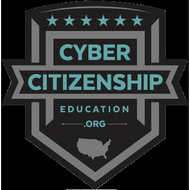Dis/Information
(View Complete Item Description)In a world of 24-hour news cycles, social media, and deep fakes it is difficult to discern what is true, what is opinion, and what is out-right false. The ability and habit of fact-checking information is increasingly important in light of recent global health crises and upcoming elections. This course will cover strategies for identifying misleading media, fact-checking news, and engaging in critical discussions about the information that we consume and share. This course is designed to dicussion-based and focused on personal reflection and practice. This course was created for the Honors Program at NC State University
Material Type: Homework/Assignment, Lesson Plan, Syllabus



















